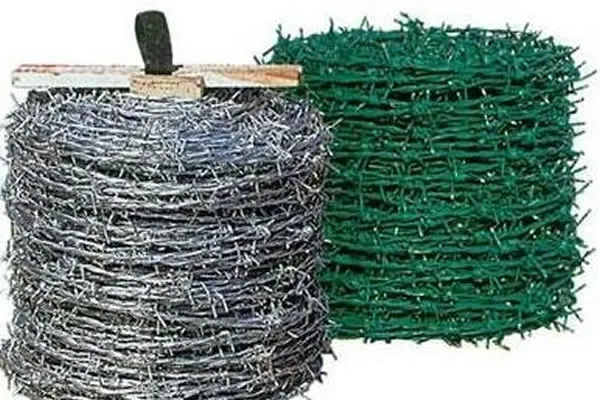 TEL:
+86-13102802206
TEL:
+86-13102802206
 Email:
fencenetting@china.com
Email:
fencenetting@china.com
 Language
Language
 TEL:
+86-13102802206
TEL:
+86-13102802206
 Email:
fencenetting@china.com
Email:
fencenetting@china.com
 Language
Language


The Versatility and Applications of Fine Wire Mesh
Wire mesh has become an integral component across various industries due to its unique properties and versatility. Among the different types of wire mesh available, fine wire mesh stands out for its ability to provide excellent filtration, strength, and durability. In this article, we will explore the characteristics of fine wire mesh, its manufacturing process, and its myriad applications across sectors.
Characteristics of Fine Wire Mesh
Fine wire mesh is typically defined as mesh with a small aperture size, which allows for the sorting and filtering of tiny particles. The mesh typically consists of interconnected strands of wire, woven or welded together to create a network of openings. The wire used in fine wire mesh can be made from stainless steel, aluminum, galvanized steel, or other alloys, depending on the specific requirements of the application.
One of the primary characteristics of fine wire mesh is its high tensile strength, which allows it to withstand significant forces without breaking. Additionally, because fine wire mesh can achieve a range of porosities—from very fine to more coarse—it's suitable for applications requiring precise levels of filtration or separation. The mesh is also resistant to corrosion, especially when made from stainless steel, which is vital for applications in harsh environments.
Manufacturing Process
The manufacturing process of fine wire mesh involves the selection of appropriate materials, wire drawing, weaving or welding, and finishing. The process begins with wire drawing, where the base metal is drawn through die molds to achieve the desired diameter. Once the wire is prepared, it can be woven into mesh through various methods, including plain weave, twill weave, or dutch weave—each offering different characteristics in terms of strength and filtration capabilities.
After the mesh is woven or welded, it undergoes finishing processes that may include cutting, rolling, coating, or treating to enhance its resistance to environmental factors. For instance, a protective coating may be applied to prevent rusting and extend the life of the product. Quality control is critical at every stage to ensure that the final product meets the necessary specifications and standards.

Applications of Fine Wire Mesh
The applications of fine wire mesh are expansive and diverse, making it a valuable resource across multiple industries. In the industrial sector, fine wire mesh is commonly used for sieving and filtration processes. It is ideal for separating solids from liquids in wastewater treatment facilities, as well as for filtering particulates in various chemical processes.
In the food and beverage industry, fine wire mesh is employed for processing and packaging. For example, it is used in tea bags, coffee filters, and food sieves, ensuring that food products maintain flavor and quality while also meeting safety standards. Its non-reactive nature, particularly when made from stainless steel, makes it suitable for food contact.
In the construction sector, fine wire mesh serves as a reinforcement material in concrete and plaster applications. It adds tensile strength to structures, contributing to durability and longevity. Furthermore, fine wire mesh is also used in architectural design for protective barriers, security fencing, and decorative elements.
In the medical field, fine wire mesh finds applications in the production of filters and surgical instruments. Its precision can help in the manufacturing of items that require specific filtration or separation characteristics. Additionally, fine wire mesh is used in the production of implants and scaffolds in tissue engineering.
Conclusion
The significance of fine wire mesh cannot be overstated. Its unique properties and versatility make it suitable for a wide range of applications, from industrial filtering processes to healthcare solutions. As industries continue to evolve, the demand for high-quality fine wire mesh is likely to grow, paving the way for innovation and advancement in mesh technology. Given its myriad applications and benefits, fine wire mesh is destined to remain a vital component in modern manufacturing and processing practices.